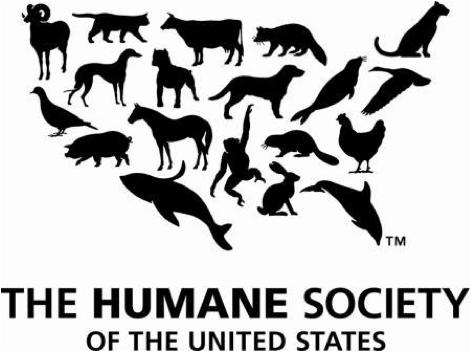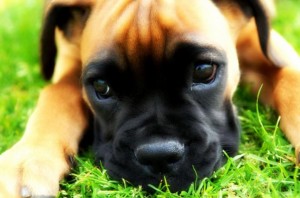 It can be a challenge to make sure your pet is safe one hundred percent of the time, whether you are physically with them or not. The ASPCA has put together a guide that can help by making you aware of some of the more common dangers, as well as some hazards you may not have even considered. These 101 things could harm dogs and cats by causing choking, burns, or other serious injuries.
It can be a challenge to make sure your pet is safe one hundred percent of the time, whether you are physically with them or not. The ASPCA has put together a guide that can help by making you aware of some of the more common dangers, as well as some hazards you may not have even considered. These 101 things could harm dogs and cats by causing choking, burns, or other serious injuries.
Chocolate
Gum and Candy
Grapes
Raisins
Macadamia nuts
Avocados
Onions
Garlic
Salt
Tea leaves
Coffee
Alcohol
Raw yeast dough
Spoiled foods
Fatty foods
Ibuprofen and asprin
Acetaminophen
Cold and flu medications
Antidepressants
Vitamins
Diet Pills
Anti-cancer drugs
Tobacco products
Detergents
Fabric softener
Drain cleaners
Oven cleaner sprays
Disinfectants
Bleach
Lime/scale remover
Paint thinners
Lighter fluid
Insecticides
Flea and tick products (if not used properly)
Rodent bait
Mothballs
Fly bait
Lead
Liquid potpourri
Objects
Balls
Sharp objects
Coins
Buttons
Batteries
Twist ties
Rubber bands
Cotton swabs
Glass
Hair pins
Jewelry
Nylons
Paper clips
Plastic wrap
String and yarn
Dental floss
Electrical cords
Wax
Socks
Towels
Trouble Areas
Doors and Windows
Balconies
Bathtubs and sinks
Toilets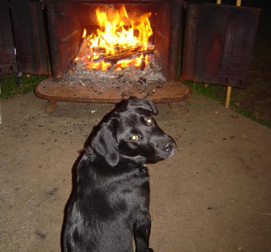
Washer and dryer
Fireplaces
Algae
Antifreeze/Coolant
Fire pit/Grill
Fences of gates
Deck lattice
De-icing salts
Compost (especially if moldy)
Gasoline
Oil
Pesticides
Fertilizer
Pools and hot tubs
Aloe
Amaryllis
Andromeda Japonica
Asian Lily
Asparagus Fern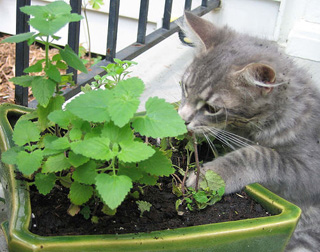
Australian Nut
Autumn Crocus
Azalea
Belladonna
Bird of Paradise
Bittersweet
Black Locust
Branching Ivy
Buckeye
Buddhist Pine
Caladium
Calla Lily
Castor Bean
Ceriman
Clematis
Cordatum
Corn Plant
Cycads
Cyclamen
Daffodil
Daylily
Devil’s Ivy
Dieffenbachia
Dumbcane
Easter Lily
Elephant Ears
Emerald Fern
English Ivy
Eucalyptus
Ferns
Fiddle-leaf Philodendron
Florida Beauty
Foxglove
Glacier Ivy
Gladiolas
Gold Dust Dracaena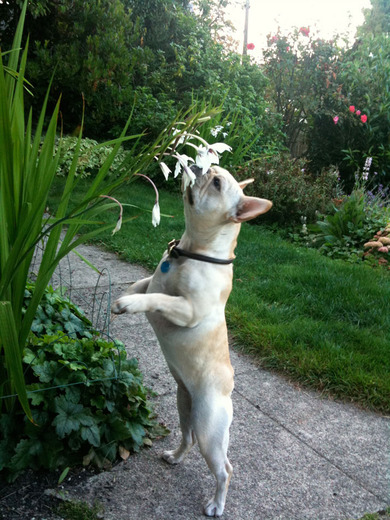
Golden Pothos
Heavenly Bamboo
Honeysuckle
Hurricane Plant
Hyacinth
Hydrangea
Iris
Jersalem Cherry
Jimson Weed
Kalanchoe
Lantana
Lilies (all Lilium species)
Lily of the Valley
Lupine
Marble Queen
Morning Glory
Mother-in-Law
Mountain Laurel
Narcissus
Needlepoint Ivy
Nephthysis
Nightshade
Oleander
Panda
Peace Lily
Philodendron
Poison Hemlock
Precatory Bean (rosary pea)
Privet
Red Emerald
Rhododendron
Ribbon Plant
Sago Palm
Satin Pothos
Schefflera
Striped Dracaena
Sweetheart Ivy
Tulip
Water Hemlock
Wisteria
Yew
Yucca
Holiday Hazards – Help your dogs and cats enjoy the holidays safely by keeping them away from potential problems on these special days.
1. Valentine’s Day
Flowers
Boxes of Chocolate
2. Easter
Fake grass
Small toys
3. 4th of July
Fireworks
4. Halloween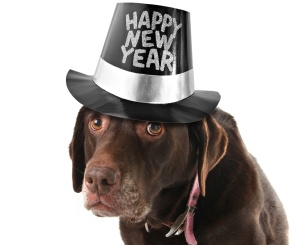
Candles
Halloween treats
Chewable costumes
5. Thanksgiving
Turkey bones
Hot containers
6. Christmas
Festive plants
Holiday tree
Light strands
Tree water
Ornaments
Decoration hooks
Tinsel
Ribbons
Styrofoam
Yuletide fire
7. New Year’s
Balloons
Confetti
Champagne
If you pet has been affected by anything on this list, call your veterinarian immediately. The most important part of pet ownership is doing everything you can to prevent harm from coming to your pets.



